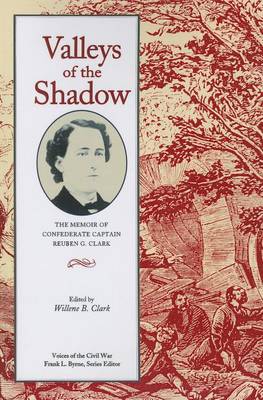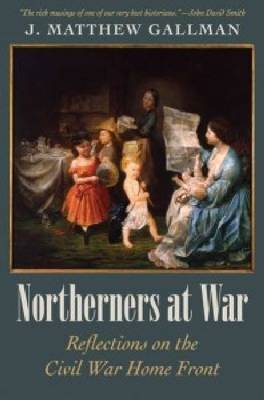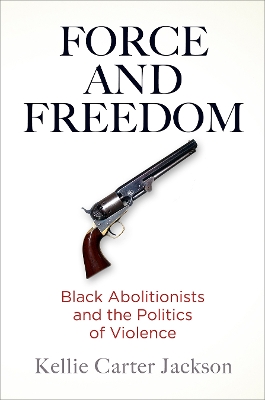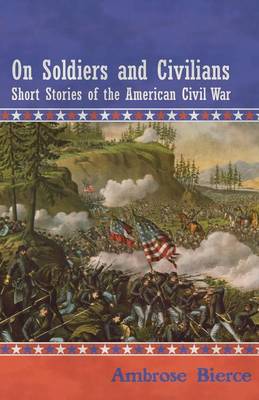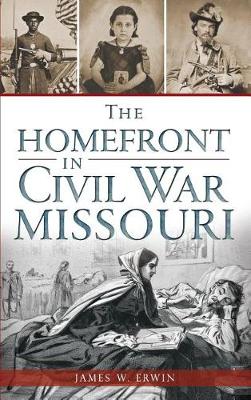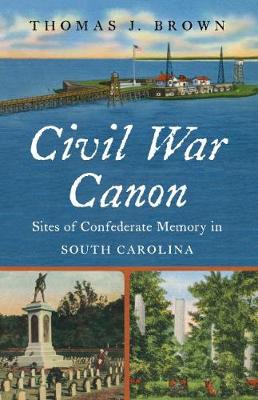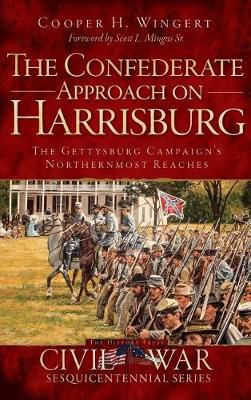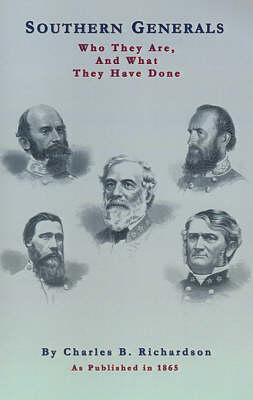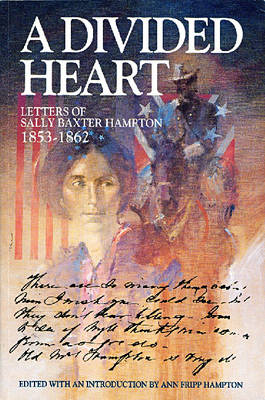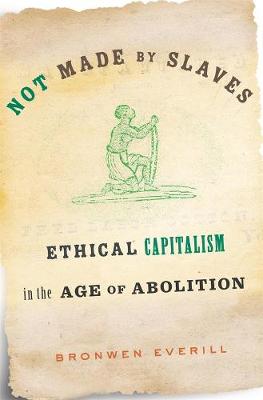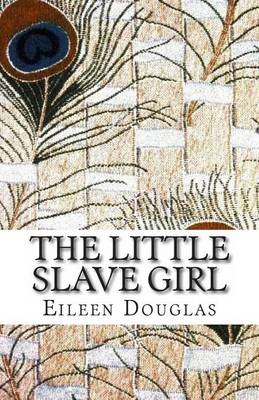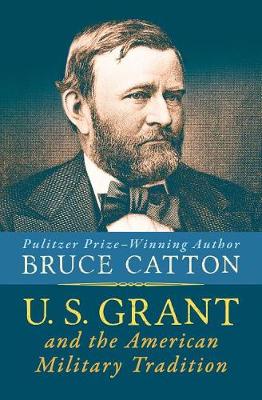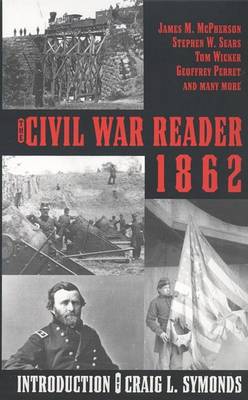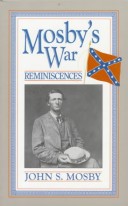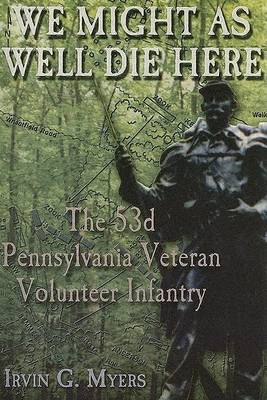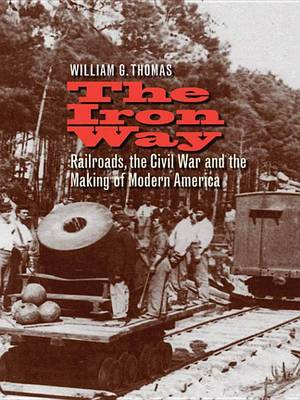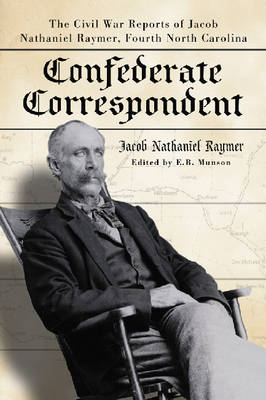Valleys of the Shadow
Valleys of the Shadow is the previously unpublished account of Captain Reuben Clark's first-hand experiences as a Confederate officer, a prisoner of war, and a post war civilian living in a conquered state. Captain Clark was a twenty-seven-year-old Knoxville businessman when the first shots of the Civil War were fired in 1861. Like many southern gentlemen, Clark was opposed to secession but could not desert his family and friends. Enlisting as a first lieutenant in the Confederacy's Third Tenne...
This title includes essays on the Northern home front by a preeminent Civil War historian. ""Northerners at War"" brings together noted historian J. Matthew Gallman's most significant essays on the economic, social, and domestic aspects of life in the North during the Civil War. Gallman tackles a range of Civil War home front topics - from urban violence and Gettysburg's wartime history to entrepreneurial endeavors and the war's economic impact. He also examines gender issues, with a fascinating...
Force and Freedom (America in the Nineteenth Century)
by Kellie Carter Jackson
From its origins in the 1750s, the white-led American abolitionist movement adhered to principles of "moral suasion" and nonviolent resistance as both religious tenet and political strategy. But by the 1850s, the population of enslaved Americans had increased exponentially, and such legislative efforts as the Fugitive Slave Act and the Supreme Court's 1857 ruling in the Dred Scott case effectively voided any rights black Americans held as enslaved or free people. As conditions deteriorated for A...
On Soldiers and Civilians - Short Stories of the American Civil War
by Ambrose Bierce
Human Tradition in the Civil War and Reconstruction (Human Tradition in America)
The Human Tradition in the Civil War and Reconstruction brings alive this decisive period in American history by taking the reader beyond the realm of generals, presidents, and the other towering figures of history and introducing fourteen individuals who represent the variety of people who made up the great mass of the nation in the middle of the nineteenth century. Readers will meet women like LaSalle Pickett, whose activities not only reveal a good deal about marriage and gender during the pe...
In this expansive history of South Carolina's commemoration of the Civil War era, Thomas Brown uses the lens of place to examine the ways that landmarks of Confederate memory have helped white southerners negotiate their shifting political, social, and economic positions. By looking at prominent sites such as Fort Sumter, Charleston's Magnolia Cemetery, and the South Carolina statehouse, Brown reveals a dynamic pattern of contestation and change. He highlights transformations of gender norms and...
The Confederate Approach on Harrisburg (Sesquicentennial)
by Cooper H Wingert
This book presents insightful correspondence from a New Yorker among the Hamptons on the eve of war. Moving among intellectual circles that included Francis Lieber, Charles Francis Adams, Samuel Gridley, and Julia Ward Howe, Sally Baxter (1833-1862) was the beautiful New York belle who captivated William Makepeace Thackeray, personifying his heroine Beatrix Esmond, and who then married Frank Hampton of the famous South Carolina family and became mistress of Woodlands plantation. She left a small...
People's History of the Civil War (New Press People's History)
by David Williams
Moving beyond Presidents and generals, A People's History of the Civil War tells a new and powerful story of America's most destructive conflict. In the first book to view the civil war through the eyes of common people, historian David Williams presents long- overlooked perspectives and forgotten voices offering a comprehensive account of the war to general readers. The Civil War's most destructive battles, Williams argues, took place not only on the fields of Gettysburg, Antiesham, and Vicksbu...
How abolitionist businesses marshaled intense moral outrage over slavery to shape a new ethics of international commerce."East India Sugar Not Made By Slaves." With these words on a sugar bowl, consumers of the early nineteenth century declared their power to change the global economy. Bronwen Everill examines how abolitionists from Europe to the United States to West Africa used new ideas of supply and demand, consumer credit, and branding to shape an argument for ethical capitalism.Everill foc...
Defend This Old Town
Defend This Old Town is a riveting war epic of local scale and human dimensions. Taking its title from the cry raised in Williamsburg as the Federal army approached in 1862, Carol Dubbs's narrative sweeps us into the lives of residents of this small historic city from the secession of Virginia in 1861 to Lee's surrender four years later. Williamsburg's Civil War ordeal has never before been told in such depth. Located midway on the only land route between Richmond and the Union-held Fort Monroe...
A collection of essays by some of America's leading historians and scholars--including Tom Wicker, James M. McPherson, Stephen W. Sears, Geoffrey Perret, and others--sheds new light on the turbulent events of 1862, covering battles and military campaigns, political maneuverings, key personalities, a
A Journey in the Seaboard Slave States, with Remarks on Their Economy.
by Frederick Law Olmsted
The Iron Way
by John and Catherine Angle Professor in the Humanities William G Thomas
A new perspective on the central role of the railroads and slavery in the coming, fighting, and aftermath of the Civil War. Beginning with Frederick Douglass's escape from slavery in 1838 on the railroad, and ending with the driving of the golden spike to link the transcontinental railroad in 1869, this book charts a critical period of American expansion and national formation, one largely dominated by the dynamic growth of railroads and telegraphs. William G. Thomas brings new evidence to bear...
Soon after North Carolina seceded from the Union in May 1861, Jacob Nathaniel Raymer enlisted in the Confederate Army as a private and musician and was mustered in on June 7, 1861, pledged to serve the duration of the war. A young man with a talent for keen observation who had pledged to keep those back home informed of the movements of Company C and the Fourth Regiment, he faithfully wrote letters - often signed simply as 'Nat' - to the ""Carolina Watchman"" and the ""Iredell Express"", newspap...
